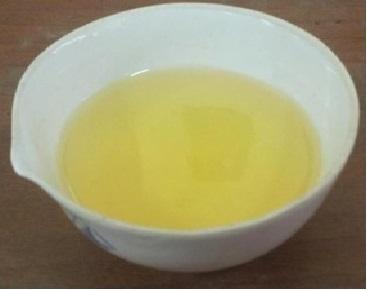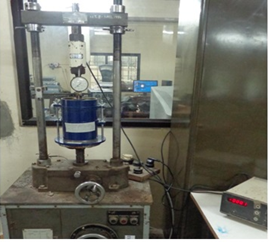

Nano organosilane for pavement applications
Nano material being a innovative technology since past decades still finds a promising future for pavement applications. Organosilane nano material was used to stabilised soft cohesive marine clay and granular silty sand in conjunction with fly ash. Modified CBR test results of marine clay with 10 % fly ash and nano solution ratio of (1:300) improved the soaked CBR value substantially from 1.8 % to 10.41 % thus satisfying the criteria of a good subgrade as per IRC:37-2012. Similar enhancements were also observed in case of silty sand where 30% of fly ash was found to be optimal in stabilising the soil with nano solution ratios of (1:100) and (1:225). The soaked CBR value of silty sand was observed to be increased from 14.07 % to 24.1 % by adding 30 % of fly ash. Further it was increased to 66.52 % on treating the mix with nano solution of (1:100). Thus stabilisation of weak subgrades as well as subbases could be effectively established by adopting fly ash and nano material for flexible pavement applications.
Colloidal nano silica for pavement applications
Silty sand was treated with three types of aqueous colloidal nano silica solutions i.e. NS-20, NS-30 and NS-40 grade to check the feasibility in pavement applications. Modified CBR tests and unconfined compressive strength tests for 7, 14 and 28 days of curing were conducted on silty sand with all three grades of nano silica with 2 %, 4 % and 6 % cement. The soaked CBR values were found to be increased by adding nano silica and cement in increasing proportions to all the mixes. Very high soaked CBR values of 118.2 %, 133.6 % and 140.8 % could be obtained by adding NS-20, NS-30 and NS-40 grades of nano silica with 6 % cement respectively. The values satisfied the criteria for good subgrade, subbase and base course layers in flexible pavements as per IRC:37-2012. Also, the results of 7 days curing of unconfined compressive strength tests of the soil treated with nano silica of NS-20, NS-30 and NS-40 grade along with cement satisfied the criteria of chemically stabilised soil for sub-bases by achieving 7 days UCS value in the range of (0.75 – 1.5 MPa) as per IRC:37-2012. For soil treated with NS-40 grade with 6 % cement it was observed that the UCS criteria of chemically stabilised soil for base courses was achieved in the range of (4.5 – 7 MPa) as per IRC:37-2012. Thus it was concluded that soil treated with nano silica could prove effective in substituting the conventional road metal layers of subbase and base courses in flexible pavements.
Prof. J N Mandal
